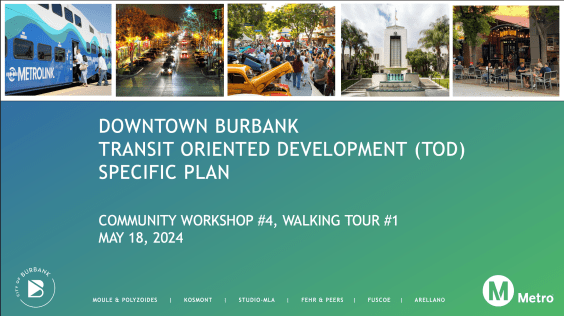 After seemingly getting the current fiscal year's budget under control, the SFMTA now finds itself back in a budget mess. Flickr photo: Dave Schumaker
After seemingly getting the current fiscal year's budget under control, the SFMTA now finds itself back in a budget mess. Flickr photo: Dave SchumakerThe San Francisco Municipal Transportation Agency, which operates Muni, may have $24 million less in revenue to work with than it expected for the current fiscal year, a development which suddenly leaves the agency in a deep hole for this year -- even as the picture for the next fiscal year actually improves.
When SFMTA Executive Director Nathaniel Ford woke up yesterday morning, it appeared his agency was on track for a $5 million budget surplus through the end of the current fiscal year. But at a meeting of the San Francisco County Transportation Authority (TA) yesterday morning, the TA's outside counsel informed Ford that his request for $7 million from the TA might run afoul of restrictions on transferring money marked for capital projects to the operating side of Muni.
Then, just hours before the SFMTA Board meeting yesterday afternoon, Ford heard from the agency's independent auditor that $36 million in new state transit assistance funding slated for the current fiscal year and next year won't make it in time for this year's fiscal crisis. The SFMTA had been banking on using about half of those funds -- $17 million -- to close the current year's budget gap.
Instead, all $36 million will go towards next year's budget, which will help ease the deep deficit expected for fiscal year 2011, but will leave the SFMTA scrambling to cover a new hole of as much as $19 million for the next several months.
Ford said he's confident the $7 million request from the TA is legal, and he hopes that with more information on how the funding would work, the TA's outside council will revise the opinion before his next meeting with the TA on April 20.
"Because they got the request on such short notice, they did not have an opportunity to sit down with [SFMTA Director of Transit] John Haley, or myself, or [SFMTA Chief Financial Officer Sonali Bose] for that matter, in terms of the TA's outside council, to discuss what the $7 million capital program was comprised of," said Ford.
Even if the TA funds come through in the end, the agency will still find itself in the strange position of having the next two years mostly figured out, while the current year, which ends on June 30, is catapulted into crisis.
The SFMTA's Bose said the agency might get some relief when updated expenditure figures for the current year come in, however. "Our expenditures have slowed down significantly," she told the SFMTA Board.
"I'm hoping that I can make it balance somehow," she added.
But even the outlook for the next two budgets don't look all that rosy. While the SFMTA is now projecting just a $2 million deficit for fiscal year 2011, and a $4 million surplus for the year following, the balances are based on the assumption that service cuts of 10 percent, set to go into effect May 1, are continued for the next two years.
Transit advocates and Muni riders aren't warm on that idea. "I want to express some hope that we are moving towards a budget that restores the service," said Dave Snyder, who's organizing a transit riders union in San Francisco. If the SFMTA Board approves a two-year budget -- due by May 1 -- that doesn't reverse service cuts, said Snyder, he's confident he can find enough riders to pressure the Board of Supervisors to reject the budget.
SFMTA Citizens' Advisory Council head Daniel Murphy said the agency actually has a legal obligation, enshrined in the City Charter, to maintain service levels at least as high as they were in April 1996. Ford said he's confident that Muni would still meet that threshold.
To reverse the cuts, though, Murphy recommended a slew of options endorsed by the CAC, including introducing a ballot measure to bring in new revenue. The board appeared inclined to pursue that option, narrowing in on a proposal to increase the commercial off-street parking tax by 10 percent. Ford told the board he'd provide them with a memo on how to proceed with such a measure in the coming weeks.
Outside of the meeting, Ford updated Streetsblog on a pilot program to extend parking meter enforcement hours to Sundays in certain neighborhoods, starting on June 1.
"We've got reasonable support for that. It's not getting the opposition that we were getting with the extended [evening] meters," said Ford. "Rather than trying to fight both battles at the same time, let's get Sundays moving and then we'll at some point in the future look at the evenings again."
An earlier plan to extend meter hours during weekday evenings in Fisherman's Wharf was cut from the pilot, said Ford. "We really need to take incremental stops. Fortunately, it's not like it's totally off the table."




